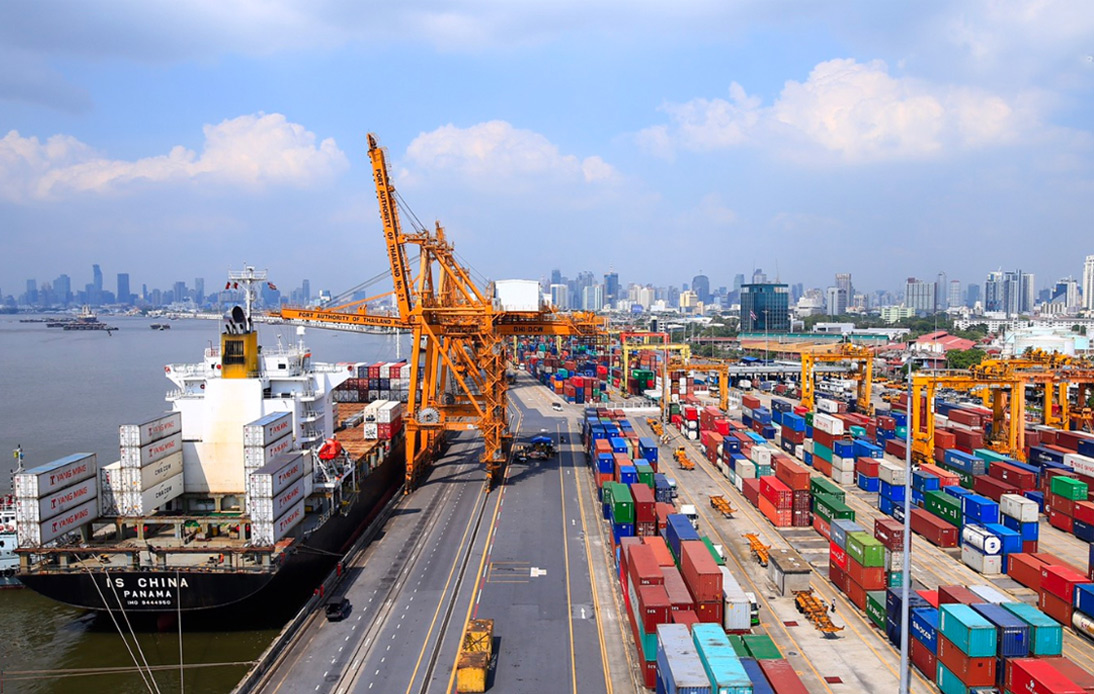
On Saturday, Thailand and Sri Lanka signed a free trade agreement, an initiative that Sri Lanka is optimistic will assist in its recovery from the deepest economic downturn in recent years.
Sri Lanka has shifted its attention toward securing trade agreements as a strategy to stimulate economic growth and support its struggling economy.
The World Bank estimates that the country’s economy shrank by 3.8% last year, a decline exacerbated by a significant foreign exchange crisis that led to broader financial turmoil.
The objective of the free trade agreement (FTA) is to increase market access, focusing on trade in products, investment, customs practices, and intellectual property rights, according to a government statement.
Prime Minister Srettha Thavisin, at a press conference after the agreement’s signing, highlighted the significant commercial prospects the FTA presents for both nations. He urged the private sectors to seize the opportunities for bilateral trade and investment.
Led by Mr. Srettha, the Thai delegation landed in Colombo on Saturday to finalize the agreement and other collaborations. Mr. Srettha also took part in the celebrations of Sri Lanka’s 76th Independence Day on Sunday.
Additionally, a new bilateral air services agreement was signed between the two countries, aimed at expanding air services.
This FTA marks Thailand’s 15th such agreement and is the first deal signed under Mr. Srettha’s leadership since he became prime minister last year.
Trade between Thailand and Sri Lanka from January to October of the previous year reached a total of US$320.4 million, as reported by the Department of Trade Negotiations at the Ministry of Commerce.
Thailand’s primary exports to Sri Lanka are rubber products, fabrics, gemstones, machinery, and plastic pellets, while its imports include jewellery, electrical components, garments, botanical products, and chemicals from Sri Lanka.
The recently signed FTA is anticipated to favour Thailand’s export sectors, including automotive components, textiles, electrical devices, machinery, steel items, paper, processed foods, and animal feed.




















